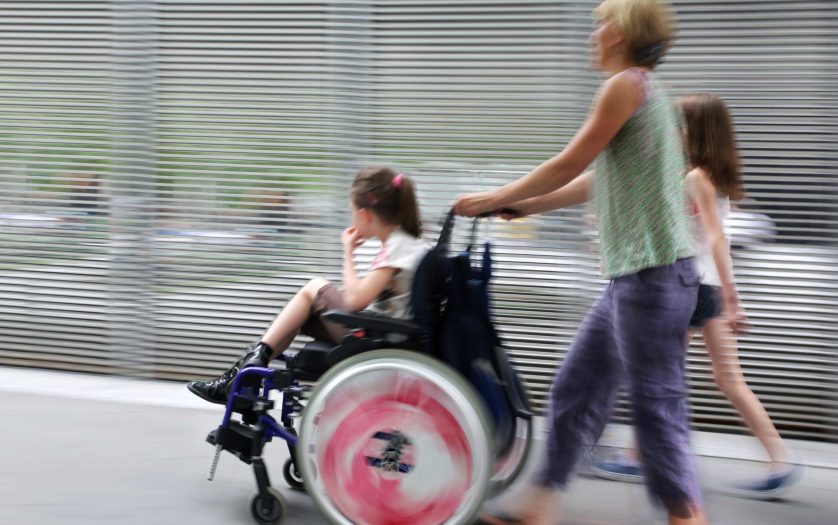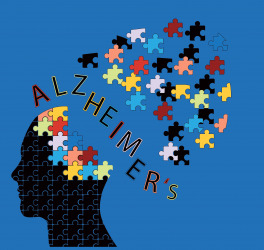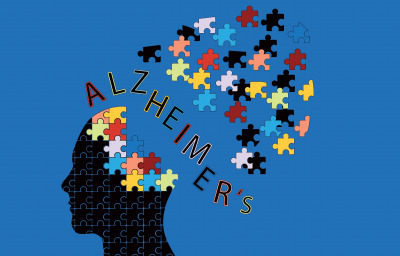
The U.S. Department of Health and Human Services (HHS), through the Health Resources and Services Administration (HRSA), released The Blueprint for Change: A National Framework for a System of Services for Children and Youth with Special Health Care Needs through a special supplement in the journal, Pediatrics.
The Blueprint for Change is a national framework to improve care for the nearly 1 in 5 children in the U.S. who currently has a special health care need.
“Every child deserves the care and support they need to stay healthy and thrive,” said HHS Secretary Xavier Becerra. “The Biden-Harris Administration is committed to promoting health and the well-being of our nation’s children and their families, including children with special health care needs. With this Blueprint for Change, we’re providing guidelines to improve systems of care so that children with special health care needs can thrive physically, emotionally, and socially.”
One in four families in the U.S. has at least one child with a special health care need. These children have, or are at increased risk for, chronic physical, developmental, behavioral, or emotional conditions. There are an estimated 14 million children nationwide who require specialized care and services. Currently, only about 15 percent of this population is accessing optimal support, including early and continuous screenings, patient-centered and ongoing care with consistent providers who communicate with each other, adequate insurance coverage, access to community-based services, and support for transitions to adult life.
According to HRSA’s National Survey of Children’s Health, special health care needs were most common among non-Hispanic Black children, with nearly 1 in 4 having a special health care need compared to about 1 in 5 non-Hispanic White children and about 1 in 6 Hispanic children. Children with special health care needs are more likely to be living in poverty. In addition, less than two-thirds of families have adequate insurance to cover their health care and related costs.
“Children with special health care needs deserve equitable access to care that is coordinated, comprehensive, and child- and family-centered,” said HRSA Administrator Carole Johnson. “With the release of this Blueprint, we are setting the course for how to ensure families get the services and supports they need.”
HRSA’s Maternal and Child Health Bureau developed The Blueprint for Change in collaboration with families of children and youth with special health care needs, health care professionals, public health leaders, researchers, academic institutions, and other Federal partners.
To positively transform care for children and youth with special health care needs, The Blueprint for Change is organized around four critical areas: health equity, family and child well-being and quality of life, access to services, and financing of services. The Blueprint provides a definition, overall vision, key principles, and actionable strategies for each area, and recognizes that disability is a natural part of the human experience.
Some of the guiding principles include ensuring that:
- All services and supports for children and youth with special health care needs (CYSHCN) are designed and implemented to reduce health disparities and improve health outcomes for all CYSHCN.
- All services and supports for CYSHCN at the individual, family, community, and provider levels are easy for families and professionals to navigate when, where, and how they need them.
- Service sectors increase the ability of CYSHCN and their families to access services by addressing administrative and other processes that hinder access.
- Health care and other related services for CYSHCN and families are financed and paid for in ways that best support their needs.
Learn more about HRSA’s New Blueprint for Change.








